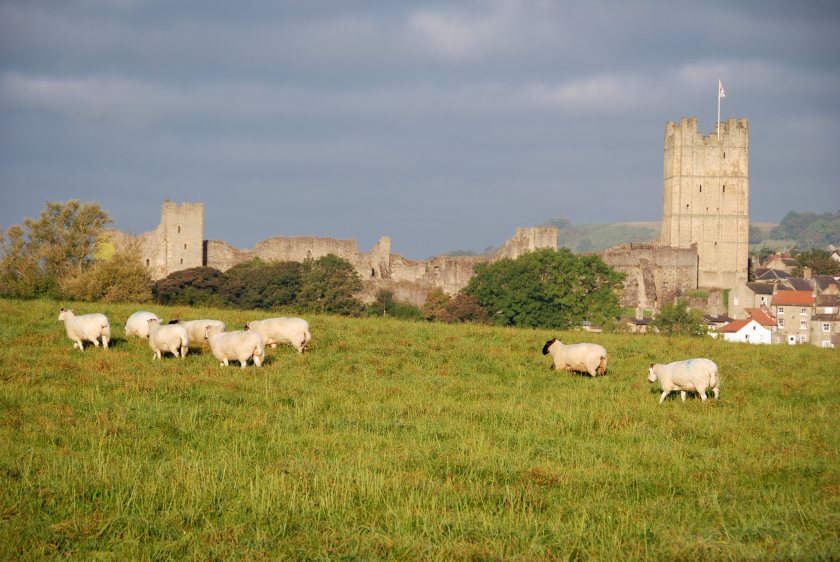Joined up policy and better data 'key' for future of UK land

Government ambitions to boost food production while protecting nature risk ‘overpromising’ finite UK land due to a lack of robust data and disjointed policy making.
The new report, published today (1 February) by the Royal Society, calls for joined up government policy and better data to get the most out of UK land.
At the heart of this should be a drive towards a more sophisticated, data-driven measurement of the multiple benefits that UK land provides.
The report recommends developing a shared and accessible evidence base, incorporating the full range of information necessary to support robust land use decisions.
This includes data such as soil quality, climate and ecology, as well as social data, to ensure the values of people who visit, live and work on land are factored into decision making.
Evidence-led, cross-departmental land use frameworks must also be established to join up policy and help manage trade-offs between multiple different land uses – and support policy coherence across the four UK nations.
And financial support must be reformed to incentivise the delivery of non-marketable benefits, such as biodiversity, and ensure they are locally adjustable to reflect the varying suitability of land to different functions.
The report says the government should also invest in skills to maximise the combination of benefits land is delivering, drive up productivity, and enable farmers and land managers to capitalise on new income streams.
This is an opportunity for the UK to demonstrate global leadership, the researchers add, as England, Scotland, Wales and NI continue to develop their new agricultural and land policies outside the EU.
They say that their recommendations for an evidence-led, multifunctional approach to the land-dependent issues defining the 21st century – such as food security, climate change biodiversity loss – could be a model that is replicated worldwide.
“The UK does not have enough land for any of it to be non-productive,” said the report’s steering group chair, Sir Charles Godfray, who is Director of the Oxford Martin School.
“Productivity is about much more than food, timber and products that can be sold on markets. It should encompass all valuable land-based outputs that are of critical importance for the UK and for which market values don’t normally exist."
He explained that the report sets out how modern data and analytics could refine the UK's accounting of the full complement of services land provided.
"And, how a land use policy framework can ensure co-ordinated decision making is informed by the latest evidence on our landscapes, and the people within them."
The report draws on expertise from across UK academia, politics, land management organisations and the Society’s Fellowship, as well as examples of evidence-led, multifunctional land use changes already underway.
As part of the report’s development, the steering group commissioned a public engagement exercise speaking to people across the UK about the future of land use.
It identified that people from different perspectives share a desire to understand the challenges and be more involved in decisions about the future of UK land.
“Multifunctionality is as important for people as for the environment and economy,” said Dame Fiona Reynolds, former director general of the National Trust and a member of the report’s steering group.
“This report advocates for a system that fulfils these public needs for food, nature, carbon and access in a joined up and transparent way.
“We also need to think creatively about the jobs and opportunities created by this multifunctional approach, and how they can help build thriving, sustainable rural communities.”








